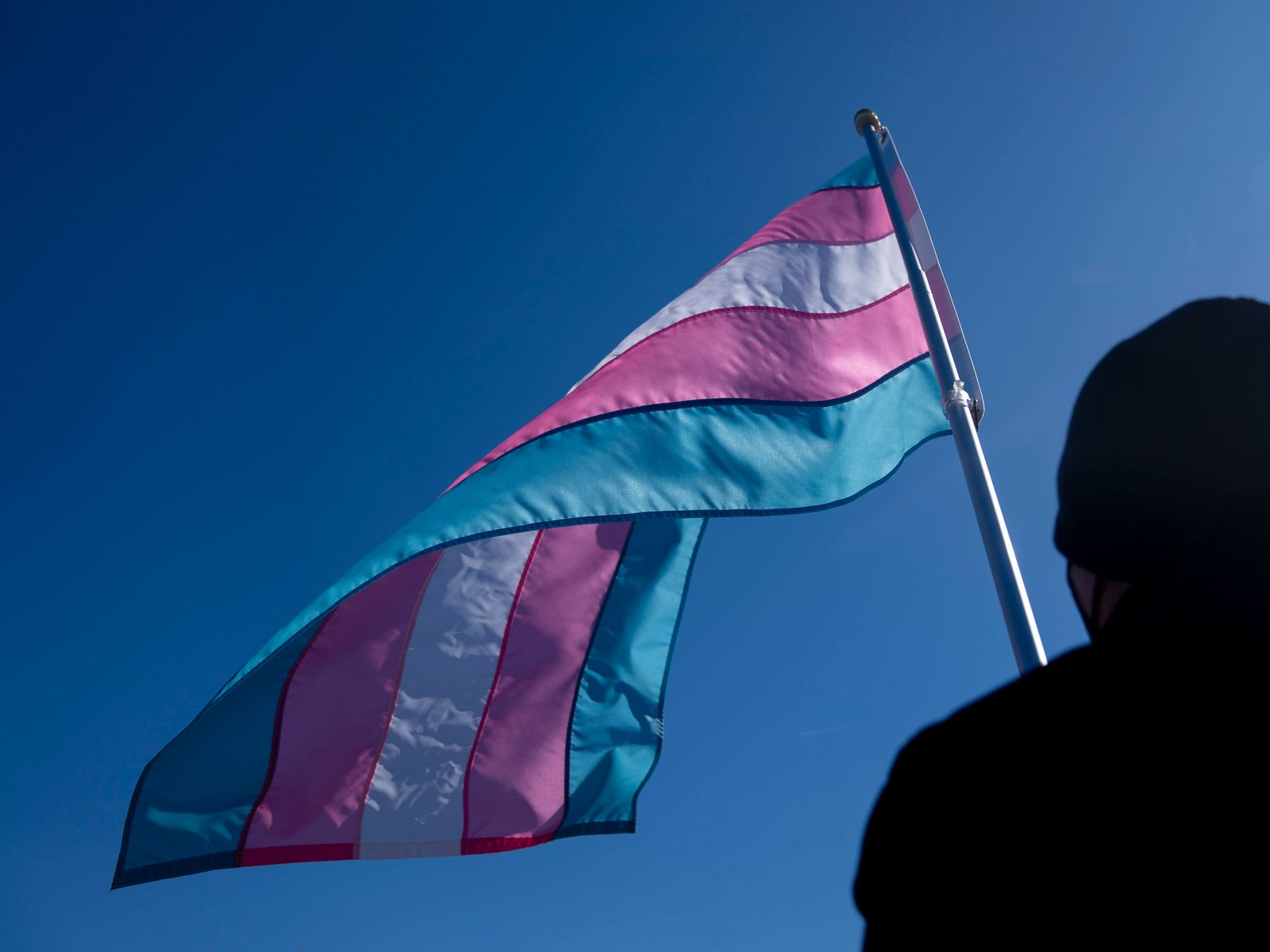Rwanda has announced that it recently received a group of seven individuals who were deported from the United States. The confirmation comes as part of an existing bilateral agreement between Kigali and Washington that facilitates the return of certain individuals to their country of origin.
According to Rwandan authorities, these arrivals took place in August, marking another step in the implementation of a deal aimed at addressing migration and legal obligations between the two nations. The individuals in question were sent back under established procedures that follow both US immigration policies and Rwandan legal frameworks.
Authorities in Kigali highlighted that the individuals sent back were handled following global standards and human rights protocols. The administration emphasized that their main focus is to guarantee the re-assimilation of these people into Rwandan society, offering them the essential assistance to continue their lives.
The announcement sheds light on the ongoing collaboration between the United States and Rwanda in managing migration-related matters. While deportations often spark debates globally, both governments have reiterated their commitment to handling these cases lawfully and transparently.
Reports reveal that the group was composed of people who had either remained in the country beyond their visa allowance, failed to adhere to immigration requirements, or encountered other legal issues in the United States. Their repatriation emphasizes the implementation of current arrangements aimed at curbing unauthorized migration and ensuring stability within immigration frameworks.
For Rwanda, these returns represent not only a legal responsibility but also an opportunity to strengthen bilateral ties with the United States. Officials highlighted that cooperation in migration issues forms part of a broader diplomatic relationship that also spans trade, security, and development initiatives.
Observers note that such deportations are not unusual, as many countries maintain agreements to return their citizens when legal circumstances require it. However, these processes often draw attention due to concerns over the treatment of deportees and the impact on local communities upon their reintegration.
The authorities in Rwanda have confirmed that arrangements are set to aid those coming back from overseas. The help includes counseling services, programs for social reintegration, and support with securing job opportunities. Officials emphasize that a seamless transition is crucial to prevent possible socioeconomic issues.
This progress occurs during a period when migration continues to be a key topic in global politics. Nations across the globe are addressing the challenges of human movement, legal structures, and humanitarian responsibilities, thus making bilateral accords such as this more important than ever.
Analysts suggest that the timing of these returns could also reflect broader trends in US immigration enforcement, which has been under scrutiny for balancing security concerns with human rights considerations. For Rwanda, managing these returns effectively is key to upholding its international image as a cooperative and stable partner.
Although specific details for each case are kept confidential, the public acknowledgment highlights transparency in addressing inquiries about the execution of such agreements. It is anticipated that both nations will persist in their cooperation on migration issues, ensuring that procedures uphold legal standards and human dignity.
The reintegration of deported individuals often poses challenges, including social stigma and economic hardship. Rwandan authorities acknowledge these difficulties but remain committed to offering comprehensive support to help returnees rebuild their lives. Community engagement and awareness campaigns form part of the strategy to promote acceptance and inclusion.
International agencies have commended the actions taken to protect human rights during deportation procedures, but they also recommend that governments emphasize voluntary repatriations when feasible. Currently, Rwanda seems to be concentrating on fulfilling its commitments outlined in the agreement while ensuring the safety of its residents.
As migration remains a part of international discussions, situations such as this one emphasize the fragile equilibrium among sovereignty, security, and humanitarian duty. Rwanda’s approach to managing these deportations may serve as a model for how smaller countries manage intricate alliances with major nations like the United States.
The government has reaffirmed its stance that all citizens, regardless of circumstances, have the right to return to their home country. Ensuring that this right is exercised under fair and dignified conditions remains a central priority for Rwandan authorities.
As international migration is anticipated to increase in the future, pacts similar to the one between Rwanda and the United States will remain vital in handling movement. Analysts will be attentively observing the development of these structures to accommodate the shifting patterns of worldwide migration.
For now, Rwanda’s message is clear: it remains committed to fulfilling its international obligations while prioritizing the humane treatment and successful reintegration of its citizens returning from abroad. This approach, according to officials, reflects the nation’s dedication to stability, dignity, and mutual cooperation with its partners.




